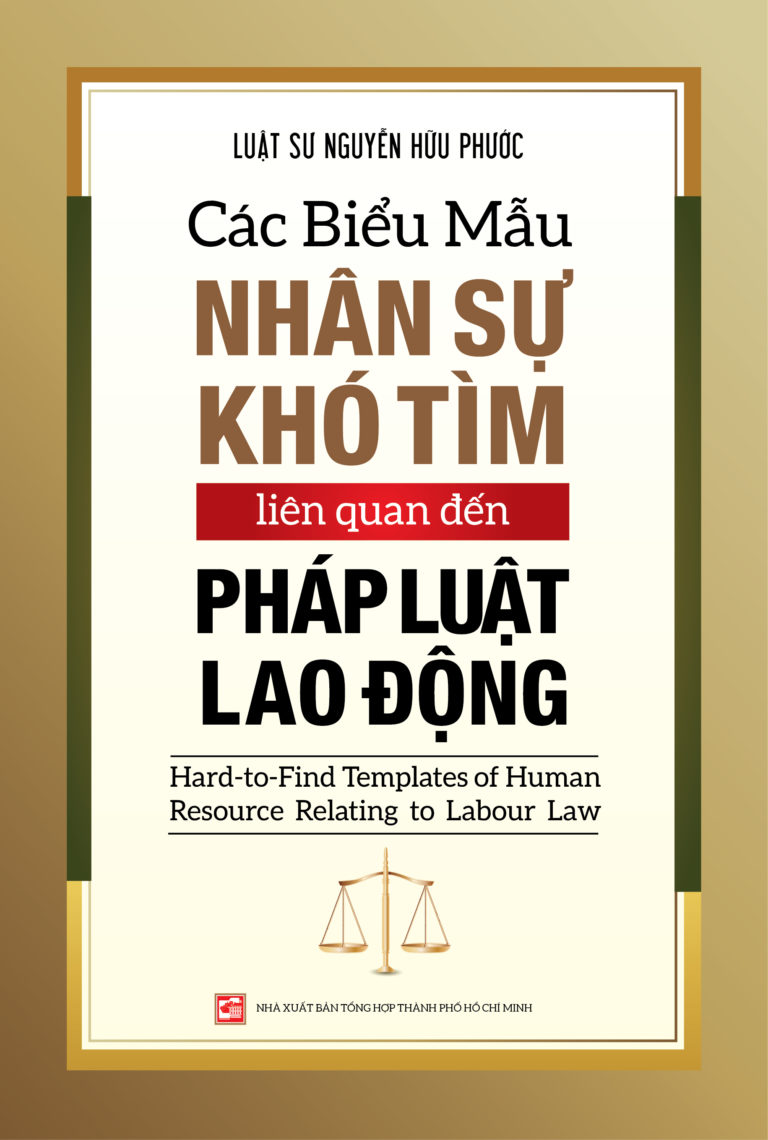The notes when settling disputes on transferring shares
The effectiveness of the Law on Enterprise 2020 creates opportunities for the transfer or mobilisation of shares or capital easier in order to ensure the rights and benefit of small shareholders as well as joint-stock companies’ financial strength. However, these “looseness” regulations of the Law on Enterprise 2020 shall be hand in hand with the risks of increasing disputes on transferring shares. The article The notes when settling disputes on transferring shares is based on our experience to provide some of the matters that shareholders and joint stock companies shall take note of when a dispute about transferring shares occurs.
Firstly, we need to acknowledge what is a share transfer dispute? Currently, the law on enterprises still has no specific legal definitions of what a dispute. However, according to the Vietnamese dictionary, a dispute is a fight over something that is not clear to which side belongs or when there is not the same opinion on the issue of interests between two parties. Thus, for better understanding, a share transfer dispute can be considered as a dispute between shareholders or between shareholders and a joint stock company when having a conflict of interest when joint-stock companies do business and such dispute only occurs in joint-stock companies and will usually have certain impacts on business activities in the disputed joint-stock company.
Some of the most common types of share transfer disputes including (i) disputes regarding capital contribution and share transfer between shareholders; (ii) dispute over the determination of shareholder status in a joint-stock company; (iii) dispute over the company’s obligations to shareholders regarding dividend payment.
Share transfer disputes often occur due to the subjectivity or ignorance of the law when participating in the transfer transaction. These include founding shareholders who transfer their common shares within 3 years from the date that the joint stock company is granted the enterprise registration certificate to another individual who is not a founding shareholder and does not have the approval of the General Meetings of Shareholders. This may lead to the fact that although the money has been given, the shareholder status of the purchaser is still not recognised by the law. Or the purpose of the parties when performing a share transfer transaction is to conceal or legitimize another transaction. However, in the process of carrying out the share transfer transaction, the parties had conflicts leading to the “turn of the face” and disputes.
Regardless of the cause of the Share transfer dispute, the parties still need to limit and pay attention to the following dispute resolution methods to make the appropriate choice:
- Settlement of share transfer disputes by negotiation
This is considered one of the most effective dispute resolution methods. Because the settlement of disputes by negotiation not only helps the parties save time but also can keep the cooperative relationship with each other. According to Article 139.1 and Article 140.1 of the Law on Enterprise 2020, in addition to the annual general meeting of shareholders, the general meeting of shareholders may also hold an extraordinary meeting at the request of a shareholder, or a group of shareholders owning more than 5 % of the total number of common shares or more.
When an extraordinary general meeting of shareholders takes place at the request of the shareholders, with the participation of other shareholders, they can give solutions to resolve the issue.
In case the shareholders do not satisfy the conditions to request the convening of an extraordinary general meeting of shareholders, the shareholders may consider negotiating with each other and record by a minutes of the negotiation even though what is the result.
- Settlement of share transfer disputes by mediation
Unlike negotiation, the Settlement of share transfer disputes by mediation will have the appearance of a third party who is a mediator. They will be the person to settle the dispute, and come up with a solution to balance the interests of the parties. Settlement of share transfer disputes by mediation may take less time than litigation in a court or commercial arbitration and the result is still recognised by the court in accordance with the civil procedure law. However, similar to negotiation, mediation may not be coercive enough if the parties still intend not to comply with what has been agreed.
- Settlement of share transfer disputes
In case of reluctance, the parties have tried their best to Settlement of share transfer disputes by negotiation and conciliation but still have not reached an agreement and balanced the interests of the parties. Settlement of share transfer disputes through a court or commercial arbitration will cost the parties human and economic costs as well as take more time, and the parties can only choose one of two methods, either court or commercial arbitration. However, with the participation of the jurisdiction, the settlement of disputes over the transfer of shares will become more effective as well as ensure that the parties will execute the judgment as soon as the decision/judgment becomes effective.
Before making any decision, investors and shareholders should learn the relevant legal regulations governing the issue they are interested in through self-study of legal documents. or legal advice of lawyers in that field so that they can make the right decisions and behaviors to avoid risks affecting their own legitimate rights and interests.
Above are the issues to note about the notes when settling disputes on transferring shares. In the course of commercial activities, if customers encounter any difficulties in applying the law, please contact us: Phuoc and Partners is a professional law firm established in Vietnam and currently has nearly 100 members working in three offices in Ho Chi Minh City, Hanoi and Da Nang. Phuoc and Partners is also considered one of the leading civil law firms in Vietnam with leading practice areas in the legal market such as Labour and Employment, Taxation, Mergers and Acquisitions, Litigation. We are confident to be one of the Law Firms providing the best legal services to clients.











